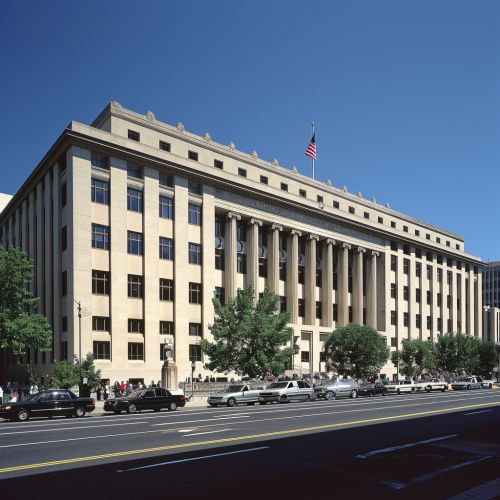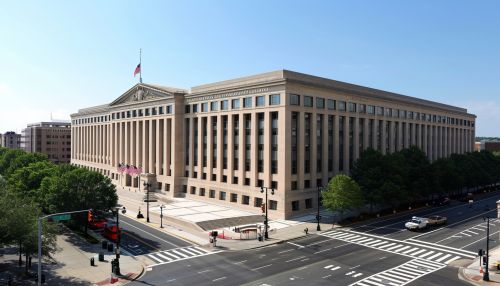United States Attorney General
Overview
The United States Attorney General is the chief legal officer of the federal government of the United States. The Attorney General serves as the principal advisor to the President of the United States on all legal matters. The Attorney General is appointed by the President and confirmed by the United States Senate. The office is part of the United States Department of Justice.


History
The office of the Attorney General was established by the Judiciary Act of 1789. The Attorney General was initially a part-time job, with the office holder also serving in Congress or on the federal bench. The role of the Attorney General evolved over time, with the position becoming more important as the federal government expanded and the nation grew.
Role and Responsibilities
The Attorney General represents the United States in legal matters, supervises and directs the administration of the Department of Justice, and advises the President and the heads of the executive departments of the government on legal matters. The Attorney General may be asked to provide opinions on legal matters by the President and the heads of the executive departments. The Attorney General is also responsible for the enforcement of federal laws.
Appointment and Confirmation
The Attorney General is nominated by the President and then must be confirmed by the Senate. Once confirmed, the Attorney General serves at the pleasure of the President, meaning they can be dismissed by the President at any time.
Office of the Attorney General
The Office of the Attorney General includes several deputy and assistant attorneys general, who assist the Attorney General in their duties. These officials are also appointed by the President and confirmed by the Senate.
Notable Attorneys General
There have been many notable Attorneys General throughout U.S. history, including Robert F. Kennedy, who served under his brother, President John F. Kennedy, and Janet Reno, the first woman to serve as Attorney General.
Controversies and Criticisms
The office of the Attorney General has been the center of several controversies and criticisms throughout its history. These have often involved allegations of political interference or misuse of the office for political purposes.
